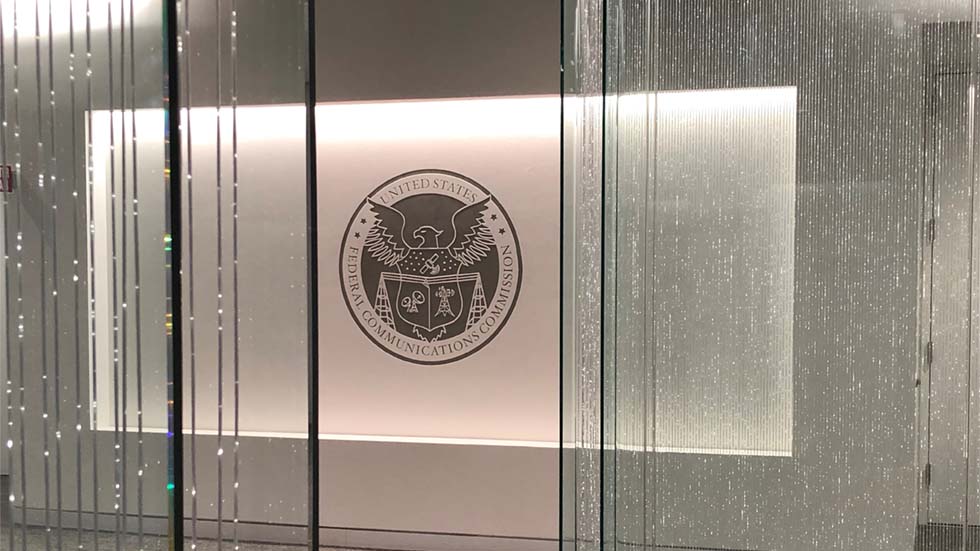Ownership critics vow to continue fight to overturn FCC rules
Last week, FCC chairman Michael Powell blinked. Under intense criticism for advocating controversial new media ownership rules, the chairman vowed to take a new look at the issues by forming a task force to study local programming. He also agreed to speed up the licensing of noncommercial low power radio stations, a move to increase the amount of local programming.
However, his Congressional critics said Powell’s moves will not deter their effort to rollback the FCC action. Attempts to rescind the ownership rules will resume when Congress returns from its summer recess on Sept. 3.
Sen. Byron L. Dorgan (D-N.D.), who introduced a little-used “resolution of disapproval” last month to rescind all of the rules, said Powell’s promise to study localism did not persuade him from backing away from his resolution.
Dorgan ridiculed the FCC chairman’s contention that the ownership rules are about concentration and antitrust issues, while localism is a separate matter about program content. That’s “nonsense,” said Dorgan. “Localism has everything to do with the concentration of ownership.”
Powell, a Republican who has made the change in ownership rules the key issue in his tenure as FCC chairman, has attempted to diminish public fear that the new rules will promote mergers and leave a few conglomerates controlling the vast majority of the nation’s media outlets.
“We heard the voice of public concern loud and clear, that localism remains a core concern of our public,” Powell said. “And thus, I think it’s time the commission addresses it head on.”
Powell’s localism task force will hold public hearings and issue a report within a year. In addition, the FCC—in a formal “notice of inquiry”—will ask for comments on rules designed to promote local programming, including looking at the practice of making newscasts seem local despite being aired from another city.
Get the TV Tech Newsletter
The professional video industry's #1 source for news, trends and product and tech information. Sign up below.
Though Powell’s announcement was short on details, he said the task force would be charged with, among other things, making sure that local television stations are meeting their FCC requirements to broadcast public-interest programming. This addresses a move by Democratic FCC members who believe the commission has done little to enforce public service requirements.
FCC Commissioner Michael J. Copps, one of the commission’s two Democrats who voted against the new rules on June 2, said Powell’s proposal “is a day late and a dollar short,” and called for a stay on the rule changes until all issues are resolved.
“You cannot use a blanket of study to quell the fire of public outrage about increasing control of the public’s airwaves by fewer and fewer conglomerates,” Copps said. “What if we complete these studies and find out that localism is not served by consolidation? It will be too late. We should have vetted these issues before we voted. Instead, we voted; now, we are going to vet. This is a policy of ‘Ready, fire, aim!’”
Powell’s plan to accelerate the licensing process for low-power FM radio stations even drew a cautionary warning. Rep. W.J. “Billy” Tauzin (R-La.), chairman of the House Energy and Commerce Committee, who has been supportive of Powell, warned the FCC chairman to “move cautiously” on licensing more low-power FM stations, for fear they will interfere with full-power stations.
However, Tauzin—a staunch supporter of Powell and the new ownership rules—doesn’t think the FCC chairman’s new initiatives will make much difference on Capitol Hill. “Politically, this new initiative is not going to change the debate in Congress over the ownership cap,” said Tauzin’s spokesman, Ken Johnson.
The FCC voted 3-2 along party lines on June 2 to overhaul ownership rules for broadcast stations. The changes would allow a single company to own television stations reaching 45 percent of the nation’s viewers—compared with 35 percent before—and to own newspapers and broadcast outlets in the same city.
For more information visit www.fcc.gov.
